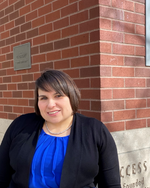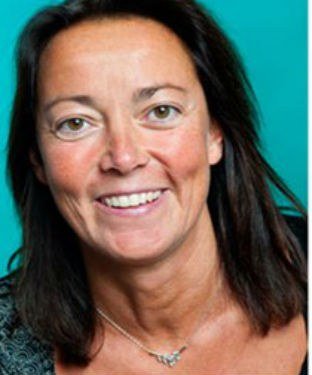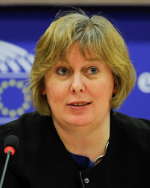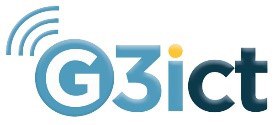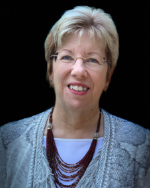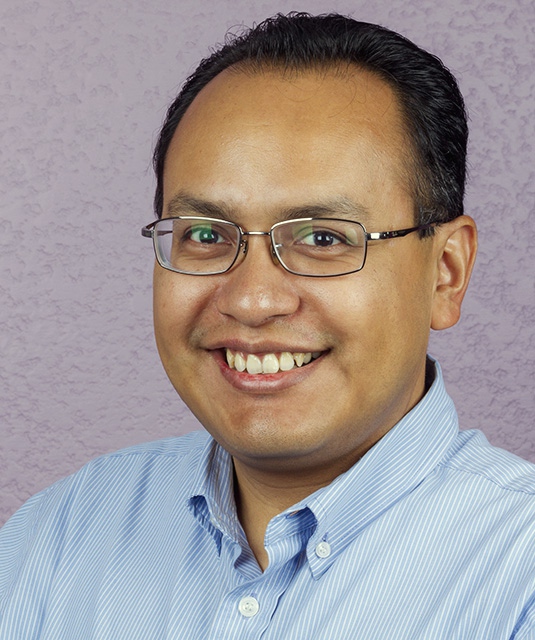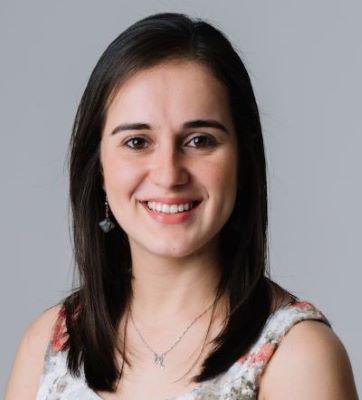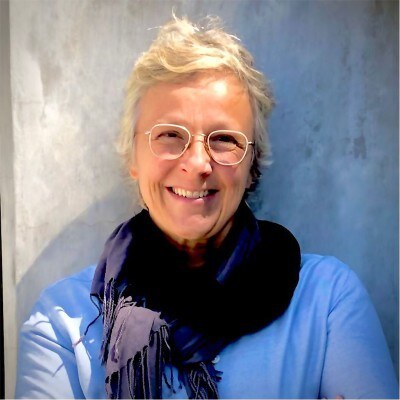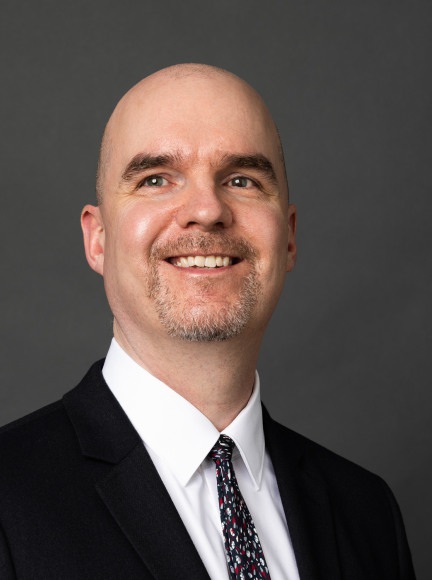Digital accessibility and the UN Convention on the Rights of Persons with Disabilities – a conference review
Posted on June 19, 2024

David Sloan is Chief Accessibility Officer and UX Practice Manager at TPGi/Vispero. He joined the company in 2013, after nearly 14 years as an accessibility researcher, consultant and instructor at the University of Dundee in Scotland.
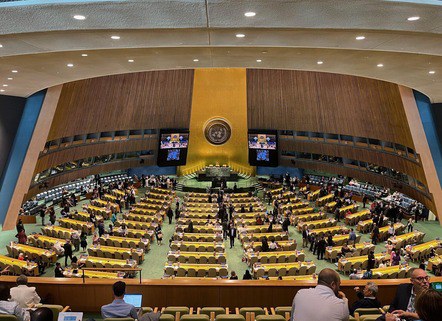
Above photograph shows the UN General Assembly Hall.
The United Nations Convention on the Rights of Persons with Disabilities (CRPD) is the foundation of disability rights law, regulation and policy around the world, influencing the digital as well as physical environment. On June 11-13th 2024, the 17th annual Conference of the States Parties to the CRPD took place at the United Nations (UN) headquarters in New York. I was privileged to attend and represent Vispero as a member of the delegation of G3ict, the Global Initiative for Inclusive Information and Communication Technologies. G3ict is a non-proft advocacy organization supporting digital inclusion for people with disabilities.
The conference (COSP for short) is held annually as an event where the 191 UN states parties who have signed or ratified the CRPD meet to report on progress in adopting the articles of the CRPD into national legislation, policy and infrastructure, and to discuss strategic alignment on efforts. Many non-governmental organizations that represent and advocate for the rights of disabled people to fully participate in society also attend COSP, along with representatives from other sectors, including academia and industry. The COSP program includes the main sessions of General Debate, and a series of side events in the UN building and in nearby locations addressing more specific topic areas.
Recurring themes
Across the sessions I attended, there were recurring themes around the challenge of achieving equality for disabled people in the context of current global concerns, including:
- Ongoing inequality in economic capability.
- Armed conflict in Gaza, Ukraine and elsewhere.
- Climate change and challenges to sustainability.
- Concerns about the evolution of artificial intelligence in ways that may embed existing ableist biases.
- The lack of reliable data that allows us to meaningfully measure progress towards disability inclusion and to course correct where needed.
On multiple occasions, I heard the refrain of “much progress has been made, but there is a very long way to go to full inclusion of people with disabilities in society”, and plenty of commentary on the imbalance between promises made and actions taken. Thankfully, there were also examples of progress, including exciting news that work will soon be underway in Africa toward adopting EN 301549 as a continent-wide digital accessibility standard.
It was reassuring to see significant representation of people with visible disabilities at the event as speakers and attendees. At the same time, there were regular reminders that even the design of the UN headquarters still presents physical accessibility challenges to participation in events in the building.
The CRPD and the UN’s Agenda of Sustainable Development
The CRPD doesn’t exist in isolation. Progress toward adopting the CRPD’s articles is influenced by the UN’s strategic direction towards the 17 goals of the 2030 Agenda of Sustainable Development, which include addressing concerns of climate change as well as inequality around the world. People with disabilities are thus directly affected by progress — or lack of progress — in meeting these 17 Sustainable Development Goals.
Global leaders will meet at the Summit of the Future in New York in September 2024 in an effort to increase urgency, restore trust and improve collaboration in progress towards these goals. The output of the Summit of the Future will be a shared agreement on action, a document referred to as the Pact for the Future.
One component of the Pact is a Global Digital Compact — a set of commitments to effective use of technology to support achieving the Sustainable Development Goals. Work on drafting the Global Digital Compact is already well underway. G3ict’s Digital Accessibility Policy, Guidelines and Standards Harmonization (DASH) workgroup has been focused on supporting efforts to ensure the Compact effectively addresses accessibility and disability. COSP 17 was a valuable opportunity to publicize the importance of these efforts.
Closing thoughts
The world of diplomatic negotiations and achieving global consensus around high level commitments to equality for disabled people may seem somewhat distant to many people working in the digital accessibility and assistive technology fields. It certainly was to me before attending COSP 17.
But we need a high-level shared understanding of what “accessibility” means in a digital context and the barriers that disabled people still face around the world when using technology. We need a shared commitment to outlawing digital discrimination against people with disabilities and encouraging inclusion through strategy, policy, and investment. With this shared understanding and commitment, we can have the necessary legislation and standards that set out a common set of accessibility requirements around the world. And with a shared appreciation of the opportunities that technology brings to reducing disability discrimination around the world and supporting full participation of disabled people in society, we are more likely to have worldwide government investment in supporting efforts to build and provide accessible digital products and services.
All of these outcomes help us in our daily work. Each of us can play our part by familiarizing ourselves with UN initiatives and tracking progress in global efforts. And, wherever we live, we should encourage organizations and individuals in positions of influence to ensure that the human rights commitments to disabled people made in the UN CRPD are honored by all countries, including in policy and practice around technology transformation.
Acknowledgements
Thank you to Axel Leblois, Francesca Cesa Bianchi, and Mohammed Loutfy for the opportunity to attend the conference, and to Ambassador Luis Gallegos for his leadership in global disability and digital accessibility strategy.




